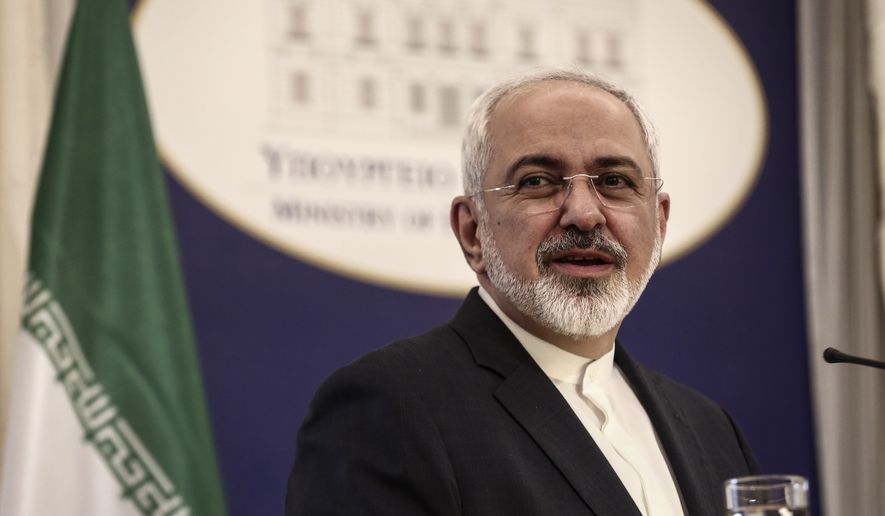U.S. officials said they were seriously examining an Iranian dissident group’s claims on Thursday that Iran and North Korea are forging ballistic missile and nuclear research ties — but that the allegations are unlikely to derail ongoing nuclear negotiations between Western powers and Tehran.
“We have seen these claims, and we take any such reports seriously,” said State Department spokesman Jeff Rathke. “But we don’t have any information at this time that would lead us to believe that these allegations impact our ongoing negotiations over Iran’s nuclear program.”
He added that U.S. officials have not yet been able to verify the claims made by members of the dissident National Council of Resistance of Iran (NCRI).
The dissident group, which has offices in Paris and Washington, claims to have evidence proving that a delegation of North Korean nuclear and missile experts visited a military site near Tehran in April amid the ongoing nuclear negotiations between Iran, the U.S. and other world powers.
Analysts say the exiled NCRI has a clear political agenda to smear the government in Tehran and to try and disrupt the nuclear talks. The group has a controversial past in Washington, where the State Department for years listed a key arm of it known as the Mujahedin-e-Khalq, or “MEK,” as a terrorist organization.
But the dissident group also has a history of exposing major clandestine nuclear operations in Iran. It has long claimed credit for tipping off Western powers to the existence of the Islamic Republic’s uranium enrichment plant at Natanz and its heavy-water plutonium facility at Arak in 2002 — two facilities that Western officials have deemed to be violations of U.N. nuclear regulations.
The Iranian government claims the NCRI’s allegations — as well as all allegations that nation is secretly trying to develop nuclear weapons capability — are baseless.
Such allegations are at the center of nuclear talks between Iranian officials and representatives from the the U.S., Britain, Russia, China, France and Germany. Iran and the so-called “P5+1” group are presently scrambling to meet a self-imposed June 30 deadline to reach a comprehensive deal that would restrict Iran’s nuclear program in exchange for a lifting of international sanctions on the Islamic Republic.
A core issue involves the question of how the U.S. and its allies can implement reliable monitoring and verification measures to ensure Iran is not clandestinely pursuing nuclear weapons.
Citing information from sources inside Iran, including within Iran’s Revolutionary Guards Corps, the NCRI claimed Thursday that a seven-person North Korean Defense Ministry team visited Iran during the last week of April.
The group said the visit was the third made by the North Koreans during 2015 and a nine-person delegation was due to return to Tehran in June.
“The delegates included nuclear experts, nuclear warhead experts and experts in various elements of ballistic missiles including guidance systems,” the NCRI said.
The Iranian embassy in France dismissed the claim.
In Washington, Mr. Rathke declined to comment on whether U.S. officials intend to raise the NCRI’s allegations during nuclear talks with Iran.
“We’re looking at them seriously,” he said. “We’re examining them. I don’t have … a stamp to put on them and say, you know, whether we’re able to verify them or not. We have not been able to verify them, thus far.”
• This article is based in part on wire service reports.
• Guy Taylor can be reached at gtaylor@washingtontimes.com.




Please read our comment policy before commenting.